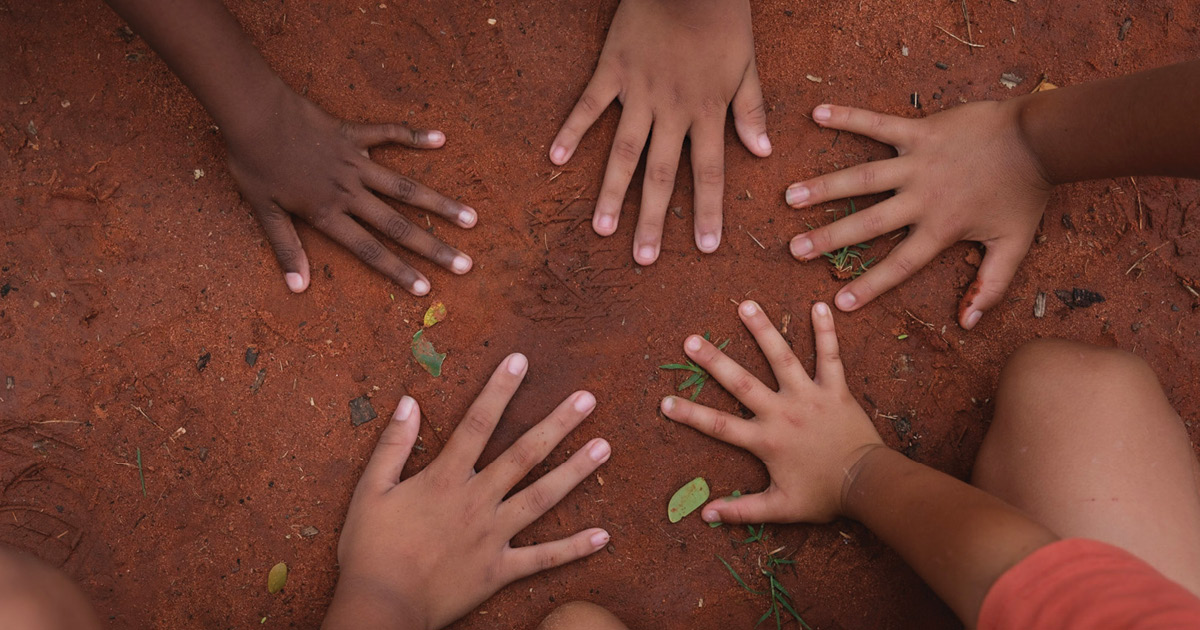Search
Research
Feasibility and acceptability of the use of flash glucose monitoring encountered by Indigenous Australians with type 2 diabetes mellitus: initial experiences from a pilot studyType 2 diabetes mellitus (T2DM) is highly prevalent within the Indigenous Australian community. Novel glucose monitoring technology offers an accurate approach to glycaemic management, providing real-time information on glucose levels and trends. The acceptability and feasibilility of this technology in Indigenous Australians with T2DM has not been investigated.
Research
Maternal educational attainment in pregnancy and epigenome-wide DNA methylation changes in the offspring from birth until adolescenceMaternal educational attainment (MEA) shapes offspring health through multiple potential pathways. Differential DNA methylation may provide a mechanistic understanding of these long-term associations. We aimed to quantify the associations of MEA with offspring DNA methylation levels at birth, in childhood and in adolescence.
Research
Impacts of body weight change on treatment outcomes in patients with multidrug-resistant tuberculosis in Northwest EthiopiaMeasuring body weight during therapy has received insufficient attention in poor resource settings like Ethiopia. We aimed to investigate the association between weight change during therapy and treatment outcomes among patients with multidrug-resistant tuberculosis in northwest Ethiopia.
Research
Indigenous Australian genomes show deep structure and rich novel variationThe Indigenous peoples of Australia have a rich linguistic and cultural history. How this relates to genetic diversity remains largely unknown because of their limited engagement with genomic studies. Here we analyse the genomes of 159 individuals from four remote Indigenous communities, including people who speak a language (Tiwi) not from the most widespread family (Pama-Nyungan). This large collection of Indigenous Australian genomes was made possible by careful community engagement and consultation.
Research
Spatio-temporal mapping of stunting and wasting in Nigerian children: A bivariate mixture modelingStudies have shown that stunting and wasting indicators are strongly correlated among children, with the potential of concurrently affecting their physical and cognitive development. However, the identification of subpopulations of children with varying risks of stunting and wasting could be valuable for targeted intervention.
Research
A Deep Learning-Based System for the Assessment of Dental Caries Using Colour Dental PhotographsDental caries remains the most common chronic disease in childhood, affecting almost half of all children globally. Dental care and examination of children living in remote and rural areas is an ongoing challenge that has been compounded by COVID.
Research
Do parent-reported early indicators predict later developmental language disorder? A Raine Study investigationDevelopmental language disorder (DLD) is one of the most common neurodevelopmental conditions. Due to variable rates of language growth in children under 5 years, the early identification of children with DLD is challenging. Early indicators are often outlined by speech pathology regulatory bodies and other developmental services as evidence to empower caregivers in the early identification of DLD.
Research
Association between pertussis vaccination in infancy and childhood asthma: A population-based record linkage cohort studyAsthma is among the commonest noncommunicable diseases of childhood and often occurs with other atopic comorbidities. A previous case-control study found evidence that compared to children who received acellular pertussis (aP) vaccines in early infancy, children who received one or more doses of whole-cell pertussis (wP) vaccine had lower risk of developing IgE-mediated food allergy. We hypothesized that wP vaccination in early infancy might protect against atopic asthma in childhood.

A Kimberley study seeking to better understand Strep A in remote settings is helping to guide new approaches to prevent acute rheumatic fever (ARF) – an auto-immune response that typically begins with a sore throat and causes high fever, tiredness and swollen joints.

Researchers from The Kids Research Institute Australia who are working to better understand the serious threat climate change poses to children’s health have led a study revealing the dramatically heightened risk of preterm births as the world gets hotter.
